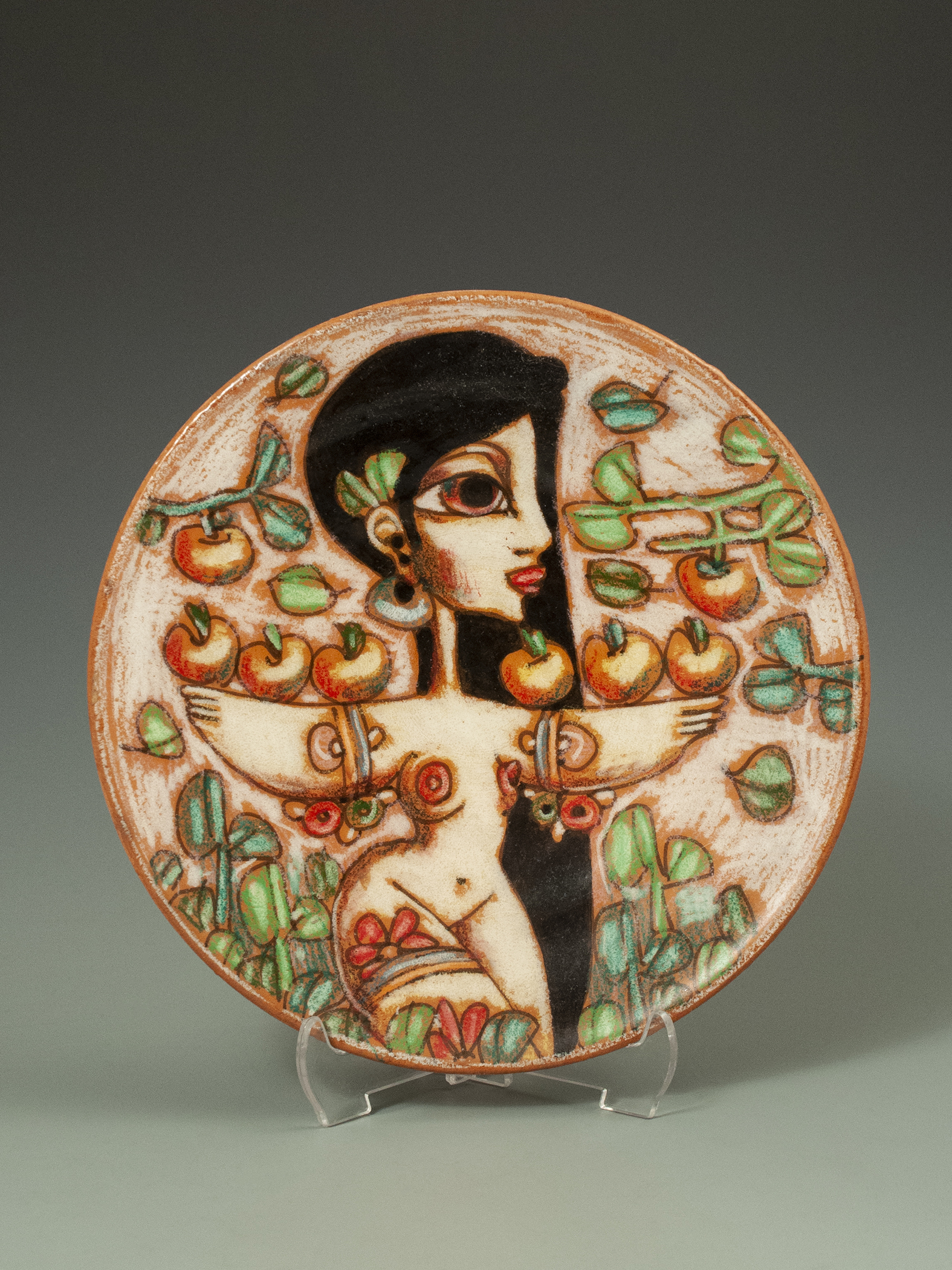Painted Plate from Cuba
Cuba, Mill Valley, 2005

“What I’ve come to realize is that I can’t do anything to make you happy,” T said. “But you can easily make me unhappy.”
She said more, of course, backing it all up with specific examples from various occasions, public and private. All were accurate. In every case, I completely got what a schmuck I’d been. I know now that my conduct welled up from a deep reservoir of dissatisfaction with life itself—a longing for unattainable perfection so pervasive that I viewed every instance, every moment, in a negative light.
Maybe part of what “cured” me—although it’s questionable that I’m cured—was Cuba. When I first visited the island in 2011, I was at a point
in my life where nothing, not even travel, seemed fresh. But Cuba is a place where people live under a constant cloud of imperfection, looking instead at the silver lining. They had much to teach me.
During that first visit I spoke with a man named Armando, 73, who had fought at Playa Giron: the Bay of Pigs. He summarized his country’s bittersweet brand of socialism with a quote from Cuban poet José Martí: “The sun has spots,” wrote Martí. “The ungrateful only speak of the spots. The grateful talk about the light.” Armando’s words took a while to sink in. But once they did—especially after my illness—I shifted my to focus to gratitude.
This hand-painted plate was a gift from T after her own trip to Cuba. It’s beautiful and sexy, and I love it. But a friend dropped by the other day and, exasperated by my clutter, curated the art jammed onto my fireplace mantel. I had to admit: It looked so much better without the clutter of so many indispensible objects. So I’m letting go of this plate—but I’ll never forget Cuba’s embrace.
